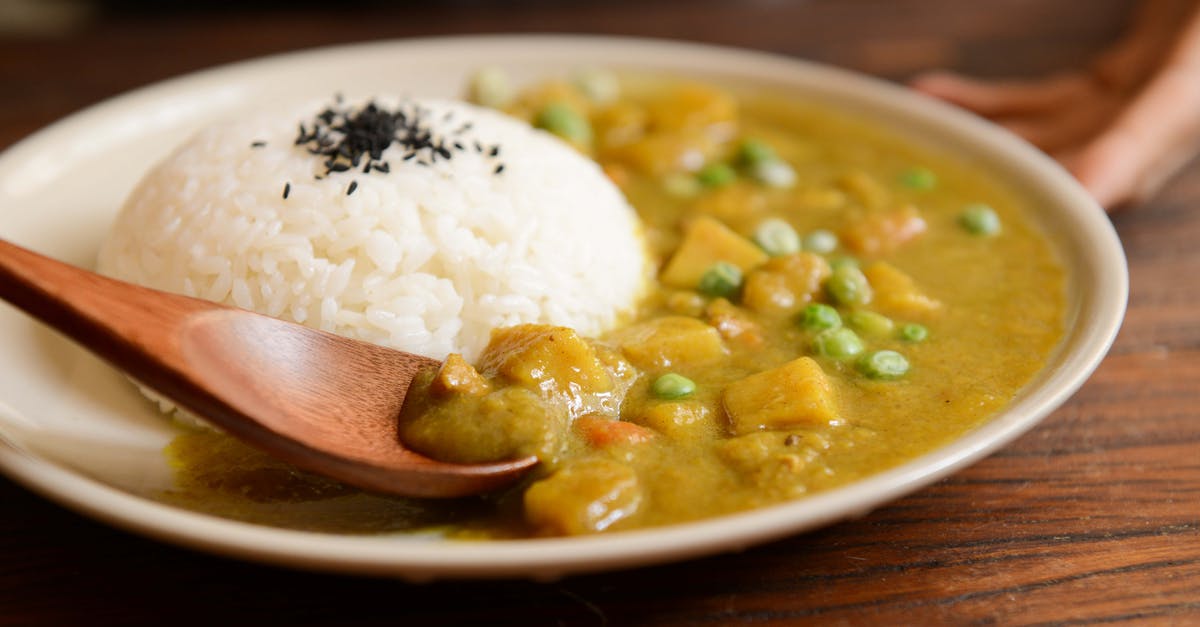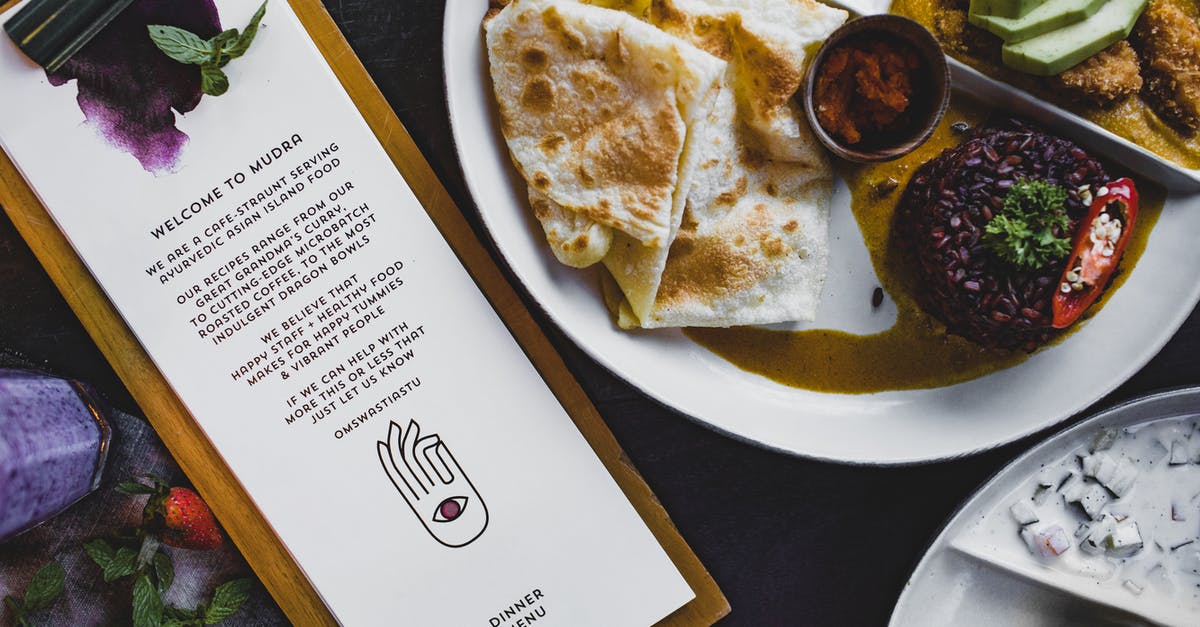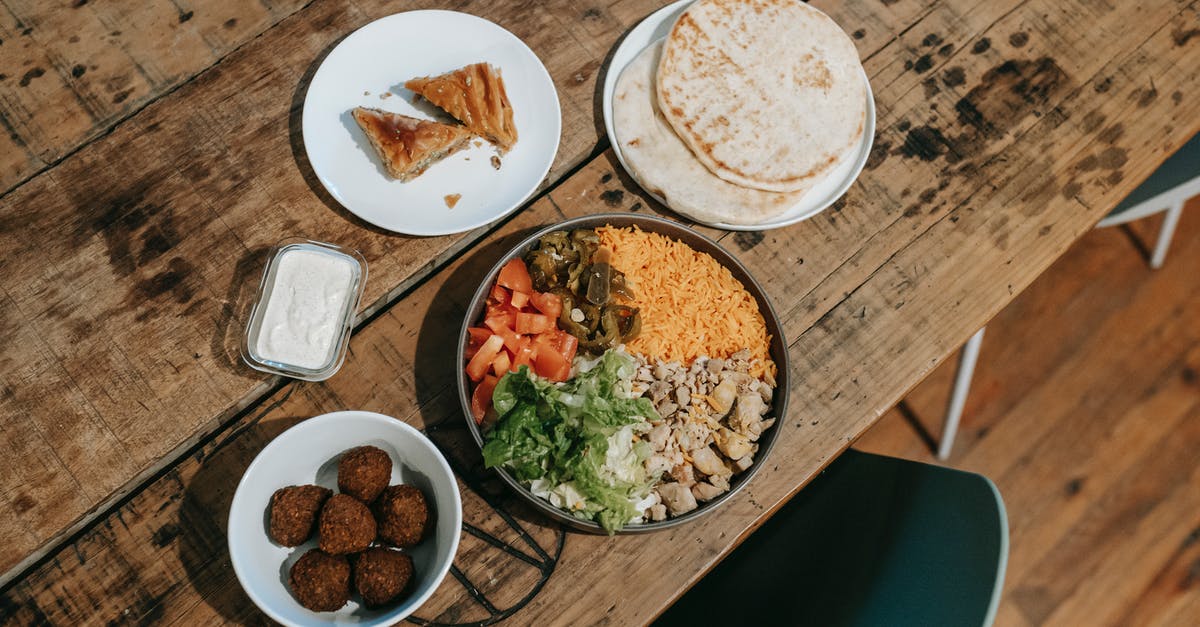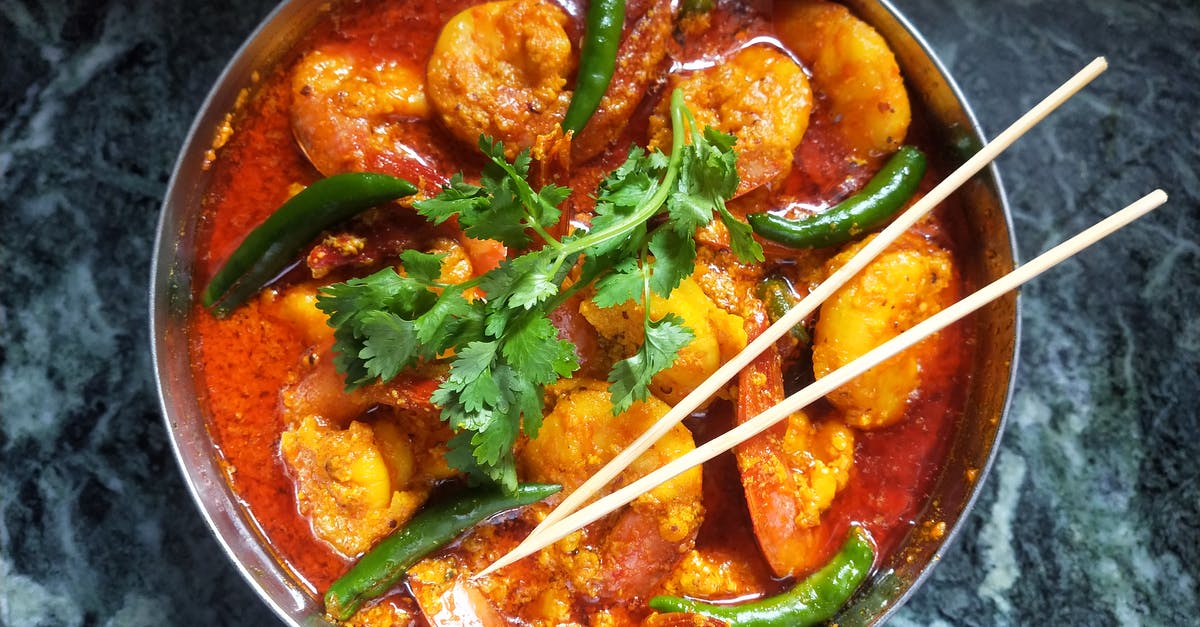How can I improve my chicken curry recipe?

So, I’ve been experimenting with making curry and drew upon various recipes I found online. The common threads that I found were the following:
- Using onions, garlic, and ginger as a base
- Using plenty of spices
- Having a main component (Chicken, potatoes, canned tomatoes)
- Pouring water and a thickening ingredient in the end (Greek yoghurt, tomato paste)
The following recipe that I eventually compiled produces an edible, but mediocre dish. Is there any way to improve it?
- Chop ginger, onions, and garlic, then add them to a heated pan with sunflower oil. (Add in the following order: onions, garlic, ginger) Cook until the onions are dark.
- Add chili powder, ground cumin, curry powder, salt, and pepper to taste. Then add the chicken breasts and cook until slightly browned on all sides.
- Add a can of chopped tomatoes and a tbsp of tomato paste. Then, cover the mixture with water. Simmer until thickened.
- Remove the pan from the heat and add a few spoons of Greek yoghurt.
Please bear in mind that my financial resources are limited, so new ingredients should be critical to the taste of the finished dish. Naturally, this is intended to be served with white rice.
Best Answer
Notwithstanding that there is a similar question here - Secret to takeaway curry with a lot of good answers, let me try to address your specific request, whilst mainly maintaining the ingredient list you already have...
- Leave the chicken out until near the end. That will allow you to cook your sauce for a lot longer - 2, 3, even 4 hours. Every hour will improve it, so long as you don't burn it... low as it will go, or even invest in a slow cooker or one of those flat metal simmer rings that spread the heat & slow the process [$£€ 2.50 on eBay]
While the rest of the curry is cooking, you could marinate the chicken in something to add a bit of interest. It won't really affect the final flavour a whole lot but will blend it into the dish better at the end.
Kashmiri mirch would be your prime - it's not expensive but not easy to just buy at the local supermarket. Paprika [sweet or hot, not smoked] would be a fair substitute, with cayenne if you want a little heat back in it. A little garlic, crushed or paste, frozen or even powder [many curry takeaways use only powder] & some oil to bind it.
Use twice as many onions - you didn't say how many you use, but there's no such thing as too much onion in a curry masala [sauce base]. It ought to be the bulk of your sauce.
Use more oil - your standard takeaway uses a whole lot more oil than you would dream of, & very little water.
Sweat [don't brown] the onions down a long way [20 mins, not 5] before you add the garlic & ginger. Some people puree the onion; this adds a new guesswork factor, because if you puree them when they're too raw they will be bitter, & pureeing scalding hot onion isn't fun so you'd have to wait for it all to cool.
It's 'easier' to skip this step & make it up in cooking time later. I have a little 'trick' I use for this. I chop most of my onion very finely - this will pretty much liquefy over the cook time & just become part of the sauce... but I also rough-chop half an onion which will stay whole & visible in the final dish - best of both worlds.Add your dry spices & allow them to fry in a little; keep it all moving & don't burn them but don't rush to add your liquids. You'll smell the change within a few mins.
Then do the same for your tomato puree. Pre-frying it helps thicken the sauce & also removes any bitter edge the puree may have.I can see your reasoning for the whole can of tomatoes - it saves having half a can going off in the fridge - but you're going to need to get rid of most of the water from that over your cooking time. You can either try to boil it off at the end, right before the chicken goes in, keeping stirring like there's no tomorrow so you don't burn anything; or leave your saucepan lid off for the first hour & your heat up slightly. If you get the balance right on that you can stir it every half hour & it won't stick.
Don't dry it out completely, you've still at least an hour of simmering on very low, with the lid back on.Half an hour before you're due to serve it, add the chicken & bring it back to temperature rapidly, then simmer. If you use bite-sized pieces rather than whole breast, reduce this time to 5 mins. You want the chicken cooked safely, but not like shoe-leather;) The longer you cook off-the bone, skinless chicken breast, the tougher it gets.
Note the chicken doesn't need frying at all for this type of dish.5 minutes before you serve, if budget will allow, a little garam masala will add a cheap but interesting aromatic edge.
If it's not hot/spicy enough, you can add cayenne at pretty much any point, even right at the end. It's amazing how little cooking in it needs to just add a bit of punch.
Save the yoghurt for a side dish.
So...
Potential additional expenditure
Simmer ring
Kashmiri mirch or paprika. Cayenne you should have anyway; it's your 'magic add heat to anything' powder, with very little actual flavour.
Garam masala
Potential savings
Powdered garlic instead of fresh - will help thicken & also taste like 'takeaway' rather than home-cooked.
Yoghurt.
Pictures about "How can I improve my chicken curry recipe?"



Quick and Easy Chicken Curry Recipe
More answers regarding how can I improve my chicken curry recipe?
Answer 2
A few suggestions:
Use a higher quality curry powder. Not all curry powders are made equal: the cheaper ones tends to have essentially no flavour, while a nice one carries the whole dish. You can usually find good affordable ones in smaller, oriental grocery stores compared to what's sold in a western supermarket.
Use a chicken stock instead of water or add a few cubes of bouillon with the water. This will give more depth to the flavour.
I personally find that onions cooked until they are dark destroy a dish. In my opinion they are more aromatic when cooked until translucent.
I would cook the chicken in a separate pan from the onions, garlic and ginger. It can be hard to not overcook the ginger and garlic when you add the chicken to the same pan and continue cooking until that is browned too. In the same vein, I would not add the spices until the chicken is nearly cooked. It's very easy to burn them otherwise. Once the chicken is cooked, just pour everything into the same pan and continue.
Answer 3
After doing several trials and errors on my own, I would suggest the following tips for a perfect chicken curry.
- Use chicken thighs instead of chicken breast for more flavor
- Add coconut milk or yoghurt instead of heavy cream for thick curry (you can also add corn flour, but I prefer yoghurt)
- Add a little vinegar or lemon juice to bring out the flavors of the curry
- Freshly prepared spices can do wonders for your chicken curry (any curry in fact)
- Use chicken broth instead of water
- Do not overcook the onions as it can give a burnt flavor to the curry.
Answer 4
The difference between a truly superb curry and a mediocre one rests not only on the cooking technique itself, but the quality of the spices and how they are cooked. The following tips will help you get the best possible results with a minimal outlay.
- Fresh is best, and this applies especially to garlic and ginger. Ideally, the garlic should be sticky and the ginger juicy. These two ingredients can then be blended with oil and salt in a mini-blender or pounded and crushed in a mortar and pestle. The finer the mixture the better, this should be gently fried in oil but never allowed to scorch, burn or brown
- Whole hard spices (cumin, coriander, cinnamon, fenugreek, pepper etc.) last considerably longer than the ground variety. For optimal flavour, lightly toast in a dry pan for a few minutes before grinding. The resulting powder will be far superior to any pre-packaged spices
- Powdered spices (Turmeric, chilli powder, paprika etc.) rapidly loose potency over time, especially when exposed to air or moisture. These are best purchased in smaller quantities and kept in airtight jars.
- All spices need to be bloomed in sufficient oil to allow their natural oils and flavourings to dissolve into the dish. Like the garlic and ginger, this is a fine balancing act, you need the oil hot enough to release the flavour but not so hot as to cause burning or scorching. I generally fry the ginger and garlic until it becomes fragrant, add the spices, stir well, then quench with a mixture 50/50 mixture of tomato puree and water or some tinned tomatoes. This prevents the mixture from burning, and once the oil starts to separate your spice mixture will be fully cooked.
Sources: Stack Exchange - This article follows the attribution requirements of Stack Exchange and is licensed under CC BY-SA 3.0.
Images: Cats Coming, ROMAN ODINTSOV, Michael Burrows, Asit Naskar

